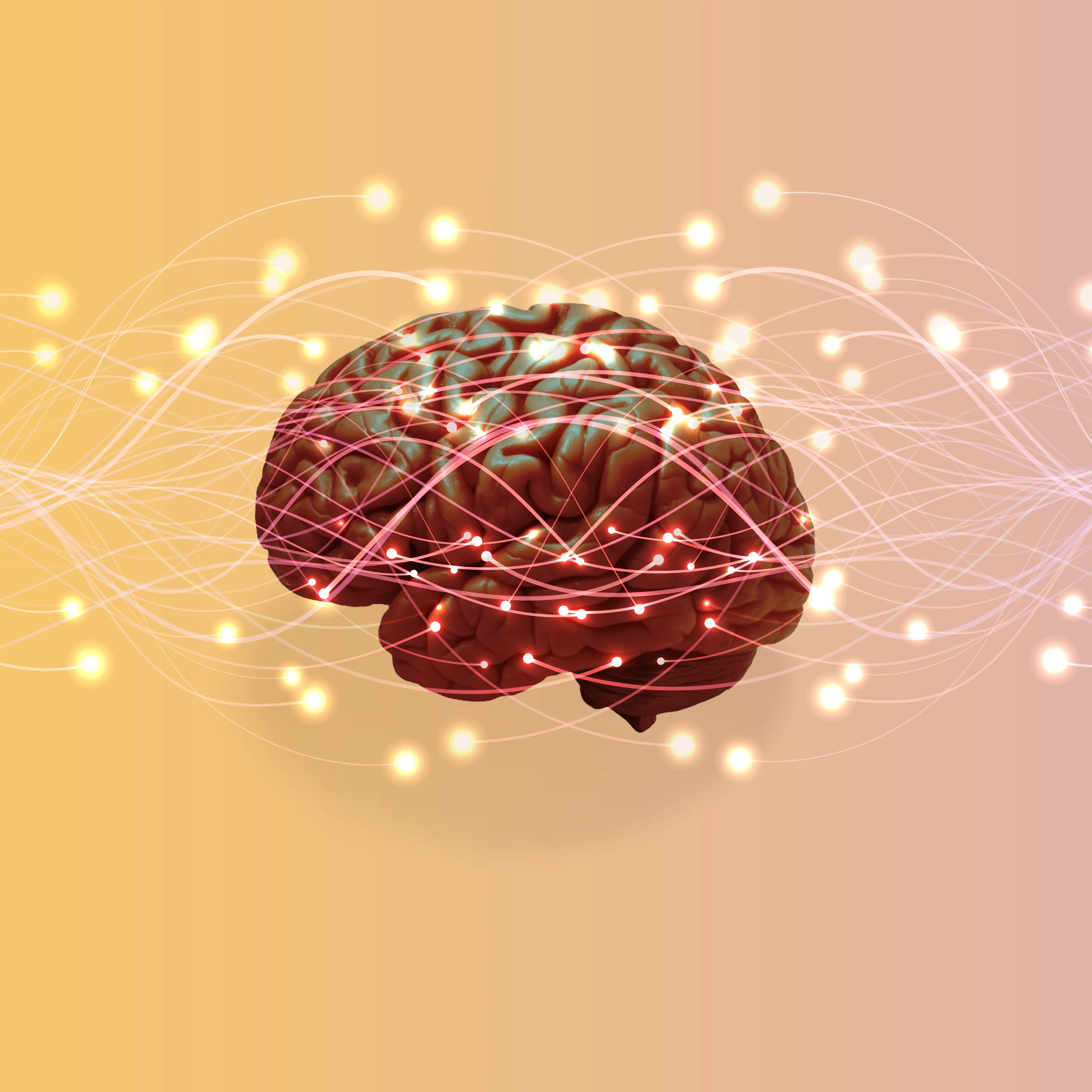Many companies are embracing artificial intelligence as a practical tool to boost worker productivity—but research shows AI can go further, even serving as collaborators on team projects.
By studying 791 professionals who develop products at Procter & Gamble, Harvard Business School researchers found that AI can serve as a “cybernetic teammate,” delivering many of the same benefits as human collaborators, including generating better ideas and sharing expertise. Plus, the technology can even create more excitement among team members for the work.
If you want to be in that top 10% of performers, a full human team plus AI seems like the recipe for success.
The findings illustrate that AI can go beyond summarizing text or cleaning up spreadsheets, the researchers say. The results of the field experiment found that workers using AI were more likely to generate ideas ranking among the top 10% of all submissions, showing that the technology can help companies produce “the kind of breakthrough solutions that drive organizational success,” according to the working paper, “The Cybernetic Teammate: A Field Experiment on Generative AI Reshaping Teamwork and Expertise,” which was updated in April 2025.
“If you want to empower an individual to be as effective as a team, give them AI,” says Fabrizio Dell'Acqua, an HBS postdoctoral researcher and one of the study’s coauthors. “But if you want to be in that top 10% of performers, a full human team plus AI seems like the recipe for success."
Two HBS professors were among the coauthors: Raffaella Sadun, the Charles E. Wilson Professor of Business Administration at HBS, and Karim R. Lakhani, the Dorothy & Michael Hintze Professor of Business Administration. Additional coauthors include Charles Ayoubi of École Supérieure des Sciences Economiques et Commerciales (ESSEC); Hila Lifshitz of the University of Warwick; Ethan Mollick and Lilach Mollick of the University of Pennsylvania; and four P&G employees: Yi Han, Jeff Goldman, Hari Nair, and Stew Taub.
AI enhances a team’s performance
During the P&G experiment, conducted between May and July of 2024, the researchers randomly assigned participants to work either individually or in cross-functional teams on projects related to the company’s baby care, feminine care, grooming, and oral care units.
The goal was to develop viable ideas for new products, packaging, communication approaches, or retail functions for the consumer-packaged goods company. Some individuals and teams used an internal AI tool powered by GPT-4, while others didn’t use AI.
With AI:
Teams produced the highest-quality solutions. Ideas ranking in the top 10% were three times more likely to come from teams using AI, rather than individuals working without AI.
Individuals also produced better ideas, equaling the quality of a two-person human team not using AI.
Teams and individuals offered ideas that mixed technical and commercial elements equally, challenging organizational silos.
Employees less familiar with product development tasks achieved performance levels comparable to experienced colleagues, suggesting that AI can expand problem-solving expertise across broader employee populations.
“Now we have many more parts of any given company that can contribute great ideas,” Dell'Acqua says. “Much less relevant is the traditional conception of who has task and domain expertise.”
By the numbers
Dell'Acqua, Sadun, Lahkani, and fellow researchers found that AI reduced the time it took for individual employees and teams at Procter & Gamble to develop innovative ideas.
- 16%time reduction for individuals
- 13%time reduction for teams
Have feedback for us?
The Cybernetic Teammate: A Field Experiment on Generative AI Reshaping Teamwork and Expertise
Dell'Acqua, Fabrizio, Charles Ayoubi, Hila Lifshitz, Raffaella Sadun, Ethan Mollick, Lilach Mollick, Yi Han, Jeff Goldman, Hari Nair, Stew Taub, and Karim R. Lakhani. "The Cybernetic Teammate: A Field Experiment on Generative AI Reshaping Teamwork and Expertise." Harvard Business School Working Paper, No. 25-043, March 2025.

